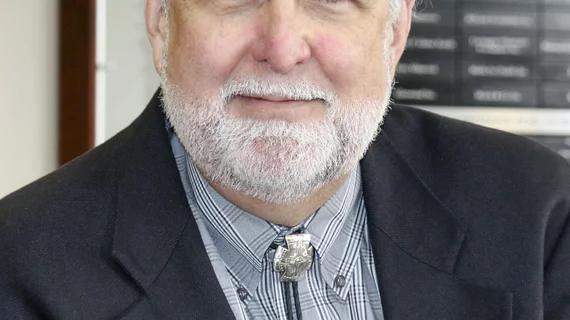External candidates may make more effective hospital CEOs
Going with an outside candidate when a hospital needs a new CEO led to better performance in the long run when compared to promoting from within, though hospitals with consistent leadership outperformed both groups making a change.
Led by Eric Ford, PhD, MPH, professor at the University of Alabama at Birmingham’s School of Public Health, the study published in Health Care Management Review looked at the transition in leadership at 490 hospitals. Of those, 82 facilities chose a new chief executive from among their existing C-suite leaders, while the vast majority—408 hospitals—went with an outside hire.
Another 1,150 organizations that made no change at the top were also analyzed to provide a comparison.
From their analysis of performance data for a five-year window around the “succession event,” Ford and his coauthors found internal hires avoid “short-term adverse impacts” on performance, but productivity gains were higher under outsider CEOs.
“The results indicated that hospitals that hired outsiders had a one-time decline in relative efficiency and, in turn, were less competitive in the short term,” they wrote in Harvard Business Review. “But in subsequent years, those hospitals started to close the efficiency gap, surpassing the performance of hospitals that hired insiders. When both groups were compared with hospitals that hadn’t changed CEOs, however, both groups fell behind over the five-year period we studied.”
Any change will have a negative impact in the short-term, the authors conclude, and more research is needed to identify what role more frequent turnover in the CEO position and succession planning can play in a hospital’s performance after the transition.
“But if a new CEO must be found, then recruiters may want to look outside rather than in,” Ford and his coauthors wrote.

